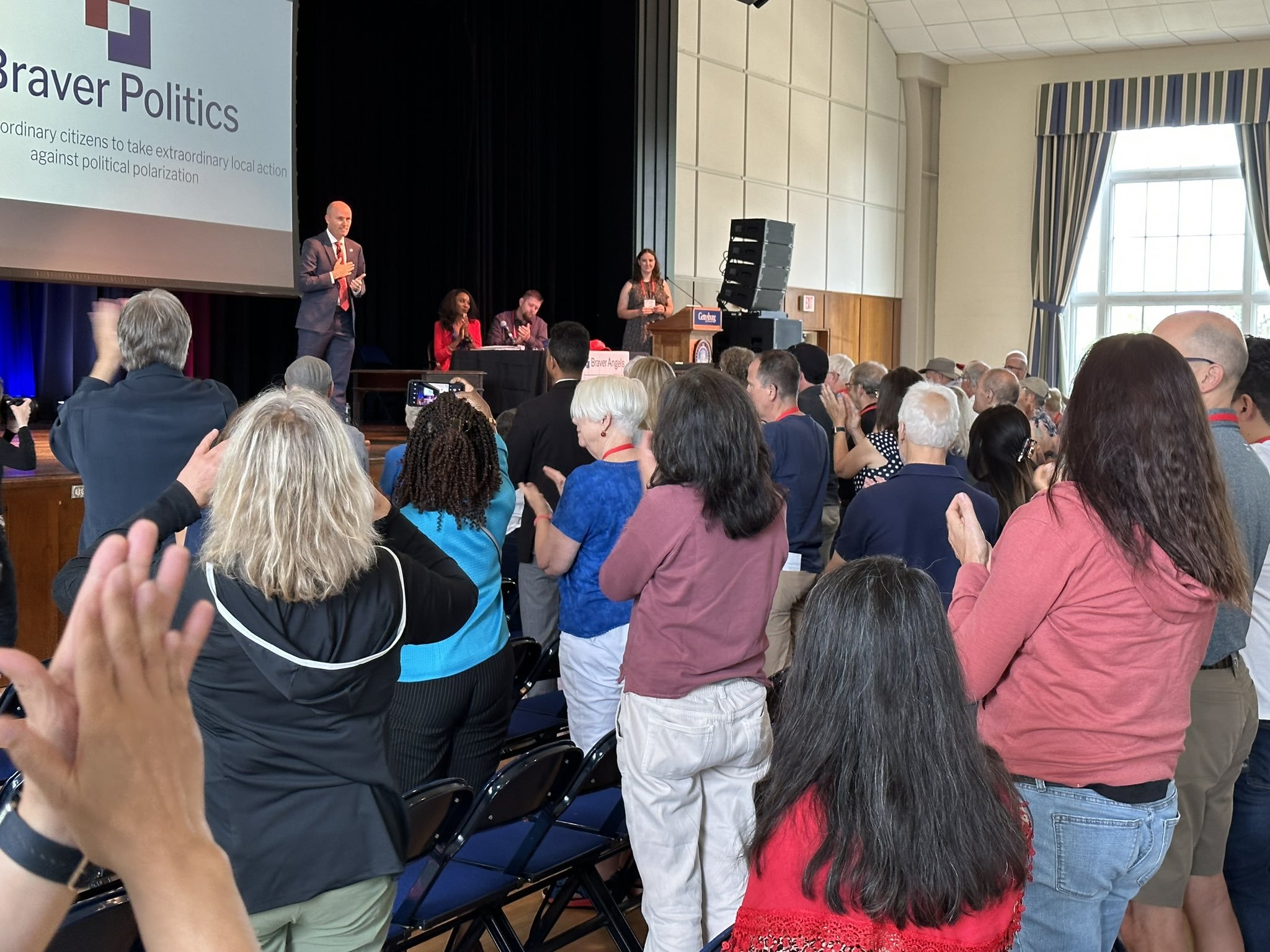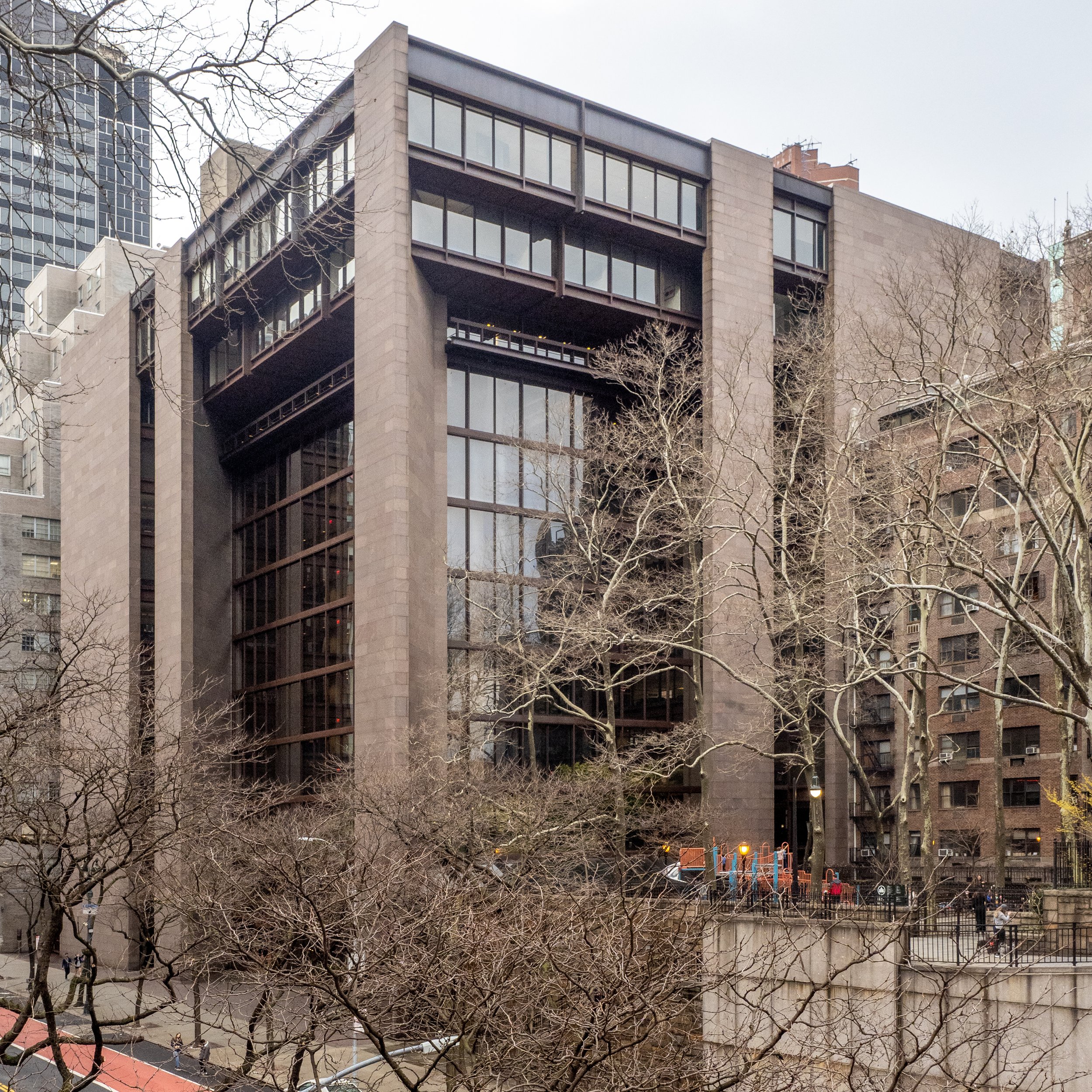
Five FAQs About “Taking Democracy for Granted”
My recent SNF Agora Institute report, “Taking Democracy for Granted: Philanthropy, Polarization, and the Need for Responsible Pluralism,” is prompting spirited exchanges. Multiple people have asked me some variant of the following five questions:
Isn’t the big problem here left-of-center philanthropists and the groups they support?
What if funders want to back power-building to end structural racism instead of bridge-building to support pluralism?
Are you saying advocates and activists have to engage with their ideological opponents?
What if the Cassandras are right and democracy is on the verge of dying?
If philanthropy is once again going to be key to defeating Donald Trump, doesn’t that end justify the means?
These are good questions! To broaden the conversation, I wanted to share the answers I have been giving.


We Need a Bigger Boat to Revitalize U.S. Democracy—Here Are Three Ways We Can Start Building It
Democracy’s defenders have lost as much ground as we have gained in the Trump Era. We can’t whistle past this reality. We can’t assume that, if we just keep doing what we have been, only with more urgency and funding, we will succeed. It is time for a new theory of change. To paraphrase Chief Brody in Jaws after his first glimpse of the massive shark, we are going to need a bigger boat to revitalize U.S. democracy.

Braver Angels’ Quest for Civic Renewal
Braver Angels has always faced stiff headwinds in its bid to depolarize a country increasingly at loggerheads with itself. Now it seeks to do something even harder: catalyze a movement for civic renewal.

Philanthropic Pluralism and Its Enemies
A recent statement by the leaders of six ideologically diverse institutions outlining and defending philanthropic pluralism underscores the power of this idea. It has also drawn intense criticism from those opposed to pluralism on the left and right alike.

Philanthropy and the Testing of Democracy in America
Society accrues an opportunity cost when philanthropy focuses primarily on influencing politics and policy-making. It beggars investment in the ideas, leaders, organizations, and civic infrastructure that only pay off over the longer term, and that we need to sustain a pluralistic democracy over time.

What We Owe The Other Side—And Our Own—in Civil Society
Philosopher Robert Talisse contends that the best way to advance our political views is by remaining much more open than we are naturally inclined to be to reasonable criticism from those who disagree with us. This counterintuitive advice can help all of us holding down the office of citizen as we head into another election season. It is also timely and relevant for nonprofits seeking to make the world a better place.

A Way Out of the History Wars
A new report from More in Common finds that, “for the vast majority of Americans, the differences in how we perceive and want our national story taught are far narrower than a few high-profile polemics might suggest.”

Can Depolarization Be Scaled?
Many civil society groups are responding to our fraught times by building bridges between citizens and groups that see the world differently and enabling them to engage in constructive dialogue. One of the most promising is the Constructive Dialogue Institute. I recently interviewed the Institute’s Executive Director, Caroline Mehl, about the work she is leading.

Jackie Acho on The Currency of Empathy
Solutions to the spreading and corrosive lack of social trust that bedevils our society may ultimately come not from institutional reforms or bridge-building efforts but the human super-power of empathy.

Freedom in the World and Democracy in America
Confronting the growing alliance between autocracies in Russia and China may once again push the U.S. to burnish how we practice democracy and chasten our internal rivalries.

The Price of Union Hasn’t Changed
It is unsettling to realize the fate of our democracy will depend on people we disagree with politically granting us forbearance. It may be even more unsettling to realize we are obliged to do the same for them.

Bye Bye Birdie: Why I Stopped Tweeting and Started Blogging
Twitter proved to be Kryptonite for my attention span. Old-school blogging has helped me detox and get back on track.

Reimagining the Light but Sturdy Ballast of the Pork Barrel
A new approach to congressional earmarks could benefit not only government and politics in Washington but also communities and civil society throughout the country.

We Are Not As Polarized As We Think
Recent studies suggest the political divisions between Americans are not as wide and as deep as we have been led to believe.

The Presidency and Civil Society: Will We Revert to the Mean?
The 2020 presidential election will have a profound impact on civil society. The American people select their presidents—and then in turn are shaped by them.

Could Stronger Parties Be Part of the Solution?
We’ve gotten so used to seeing political parties as a source of our problems, we’ve lost sight of how they could improve democracy and civil society.

The Civic Space vs. The Battle Space
Since George Floyd was killed by the police in Minneapolis, we have witnessed – and many of us have participated in – a contest between divergent views of civil society and its relationship to government.

Is COVID-19 Tearing Us Apart?
The pandemic has put our sense of solidarity with fellow Americans to the test. What do we see when we put aside the distorting lenses of our polarized politics and look straight on at how we are responding in civil society?

Welcome To “The Art of Association”
How does civil society impact the health of democracy in the United States? In turn, how do politics and policy making in the public sector affect what happens in the voluntary sector? These are big questions. Recent developments have persuaded me that I need to consider them anew.